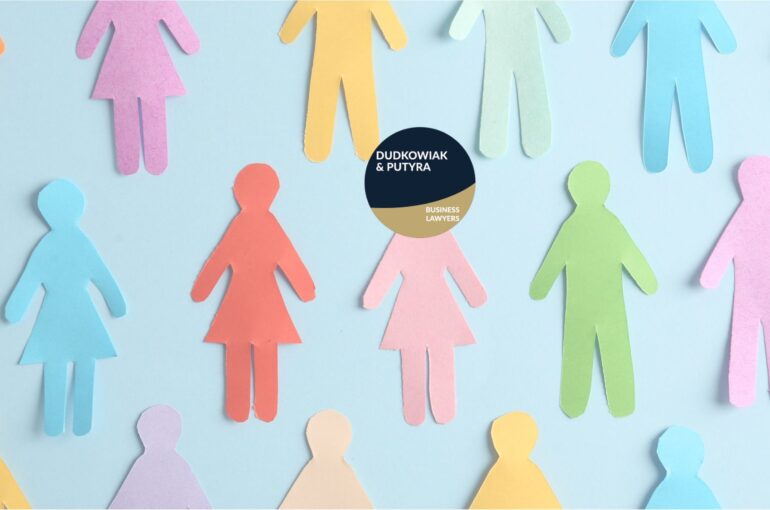Balance between work and private life – an EU compromise on adapting the labor market to the realities of the 21st century
More recently, the European Parliament and the Council reached a preliminary agreement on the Commission’s proposal for a new directive on the work-life balance of parents and guardians. The work on the new directive has been ongoing since April 2017, when the European Commission, as a key element of the European pillar of social rights, presented the initiative on the balance between work and private life, dedicated to the challenges of combining work and private life that employees must face as parents and guardians.
It should be noted that the new standard is in the form of a directive, which in practice means that these provisions will not be applied by Member States, including Poland, directly, but will require proper implementation or implementation of domestic legislation into the domestic legal order.
In Poland, holidays related to parenthood belong to one of the longest and best paid, however, the adoption of the directive will necessitate the introduction of certain changes to the Polish law. The most important changes that implement the work-life balance principle include:
- introducing a minimum leave for fathers, after the birth of a child, at least 10 days and payable in the amount of remuneration during sick leave (currently in Poland such leave is provided for 14 days);
- strengthening the already existing right to 4-month parental leave, by making the 2-month leave a right that can not be transferred to the other parent, and introducing remuneration for this 2-month leave in the amount to be determined by the Member States; this leave can be used to reach the child by the age of 12;
- introduction of a new employee right that gives the employee the opportunity to take 5 days of care leave per year to care for a family member (not only children, but also elderly parents), but what’s important – this leave will be essentially a free holiday;
- strengthening the right of parents and guardians of children up to 12 years of age to apply for a more flexible organization of work, including the possibility of remote work; what is important, when considering the employee’s application on this subject, the employer will have to take into account not only his or her needs, but also the employee’s needs, including a single parent’s needs.
Important! The preliminary agreement must still be officially adopted by the European Parliament and the Council. The maximum period available to Member States to transpose the Directive into national law and forward the relevant acts to the Commission has been set at two years.


